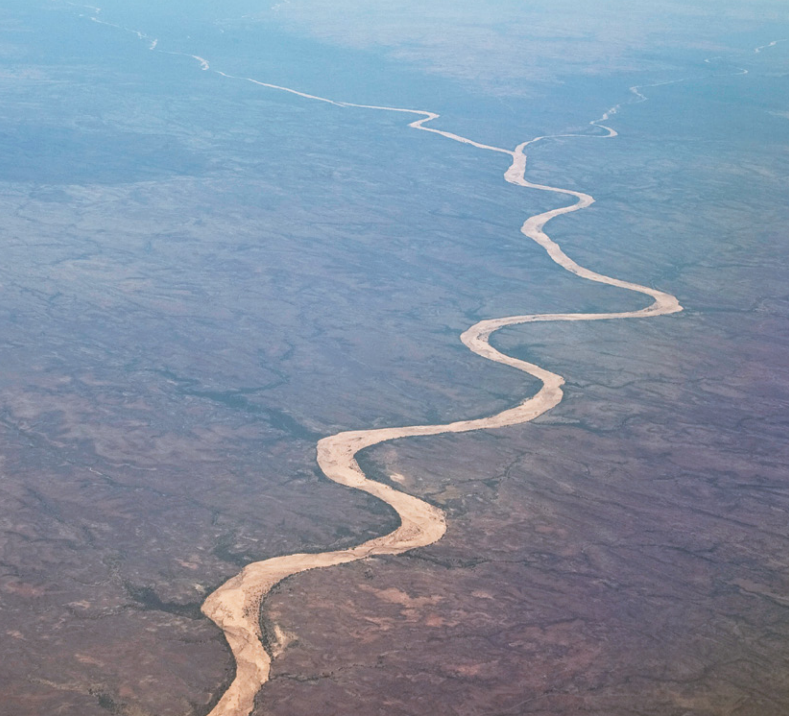The United States Agency for International Development (USAID) has announced the Resilient Waters, a five-year, $32.4 million project to address severe water challenges facing the Limpopo River Basin and Okavango River Basin communities.
The US Embassy in Harare said in a statement that the Resilient Waters will increase access to safe drinking water and sanitation services for nearly 21 million people spanning South Africa, Botswana, Zimbabwe, Mozambique, Angola, and Namibia.
This project aims to improve the management of transboundary natural resources and strengthen ecological infrastructure needed to maintain healthy water systems.
USAID Zimbabwe Mission Director Stephanie Funk stated: “By conserving one of Zimbabwe’s most important natural resources, USAID’s Resilient Waters project will protect health and livelihoods and make communities more resilient in the face of climate change.”
In Zimbabwe, the Limpopo River and its tributaries carry water to more than 800,000 people who depend on its consistent supply for their health and livelihoods. The river runs through a semi-arid region that is particularly vulnerable to climatic events, including the devastating 2015-2017 El Niño-induced drought. Resilient Waters will work with local communities to improve water management and increase access to safe drinking water and sanitation services along the Limpopo River Basin and within its catchment areas such as Matobo Hills.
Resilient Waters follows the U.S. Government’s Global Water Strategy, which supports efforts to create a water-secure world where communities can be resilient, retain this essential resource, and foster healthy, prosperous lives.
For more than 30 years, the American people, through USAID, have contributed over $3 billion in assistance to Zimbabwe. Current projects include initiatives to increase food security, support economic resilience, improve health systems and services, and promote democratic governance.






